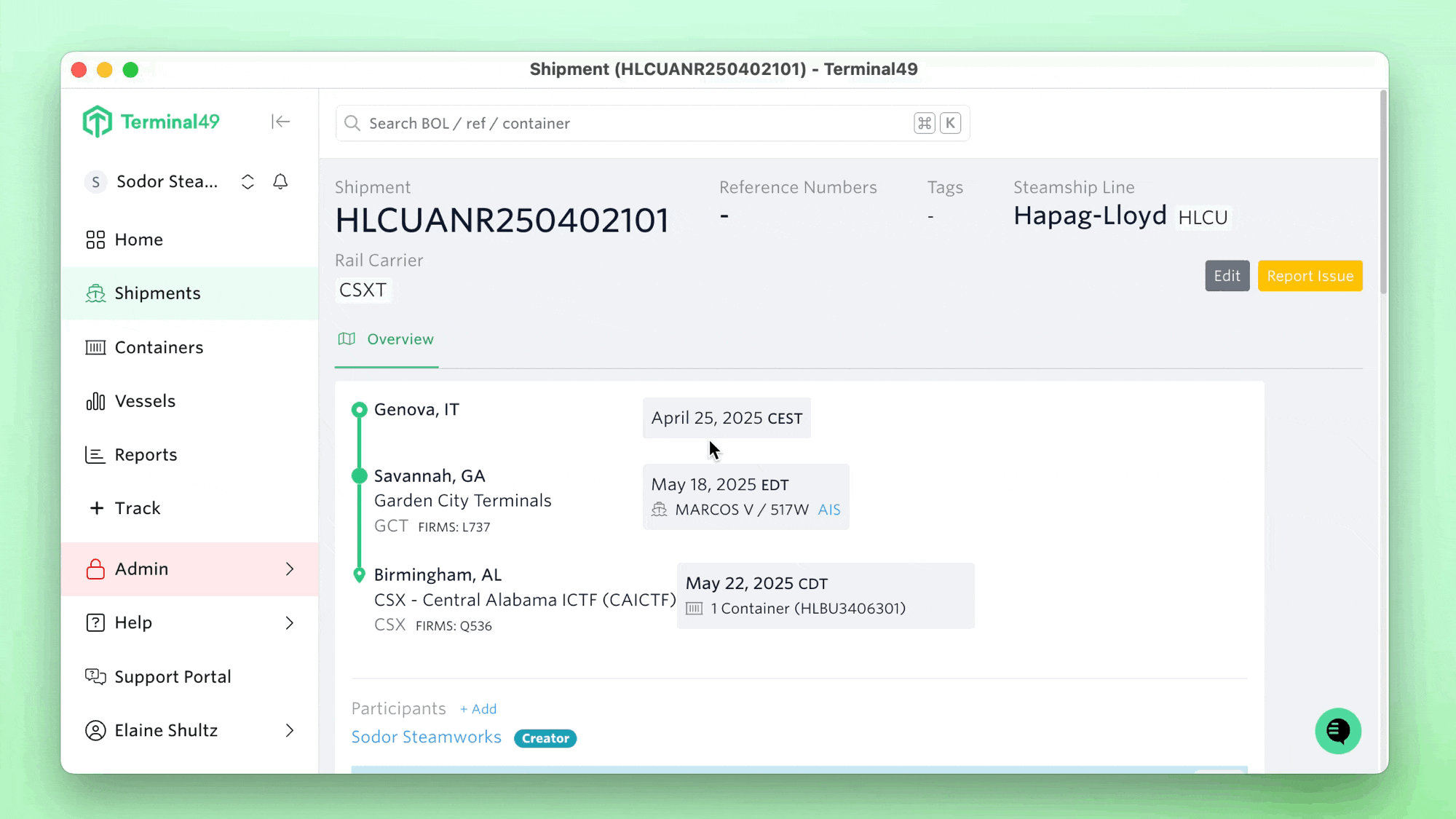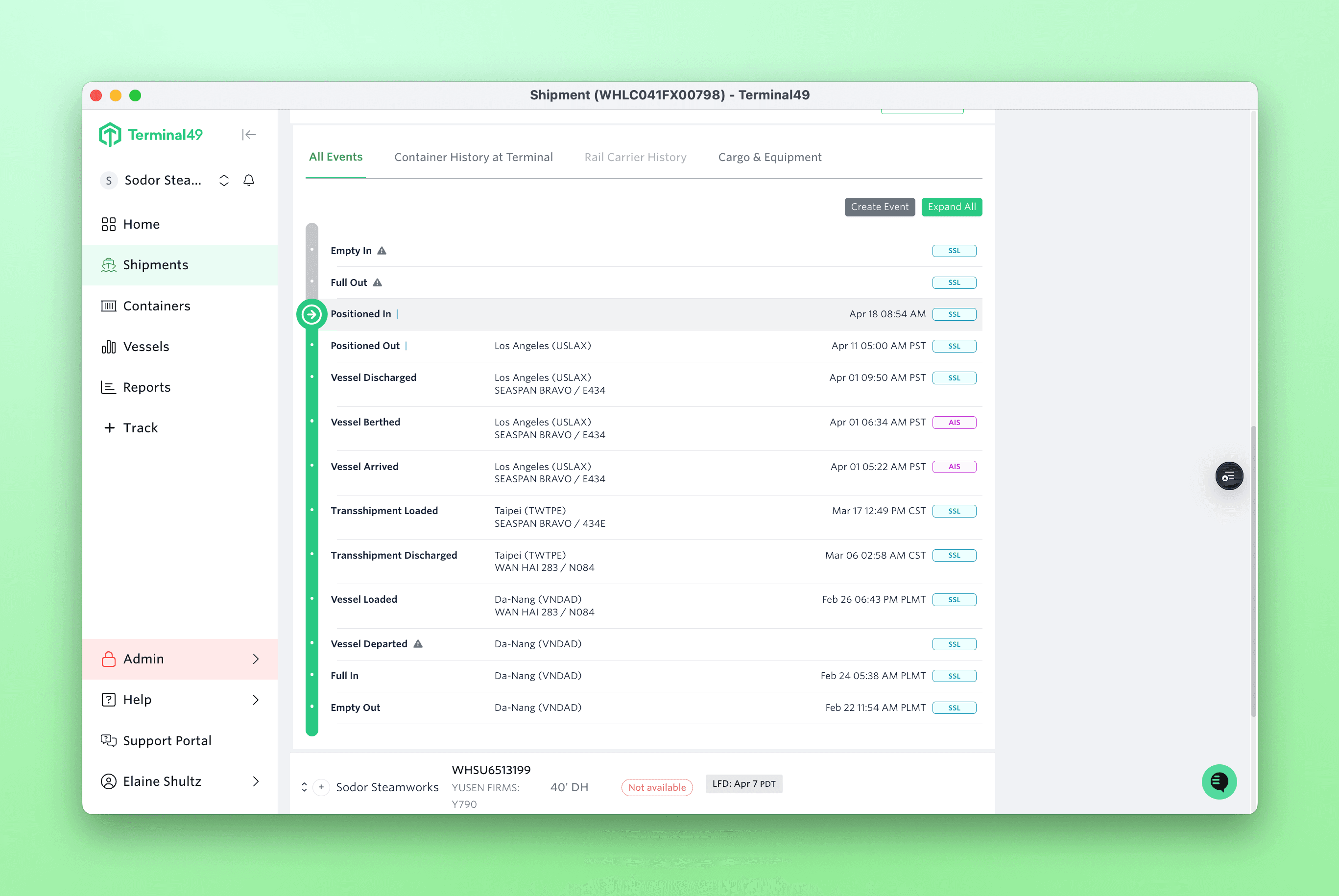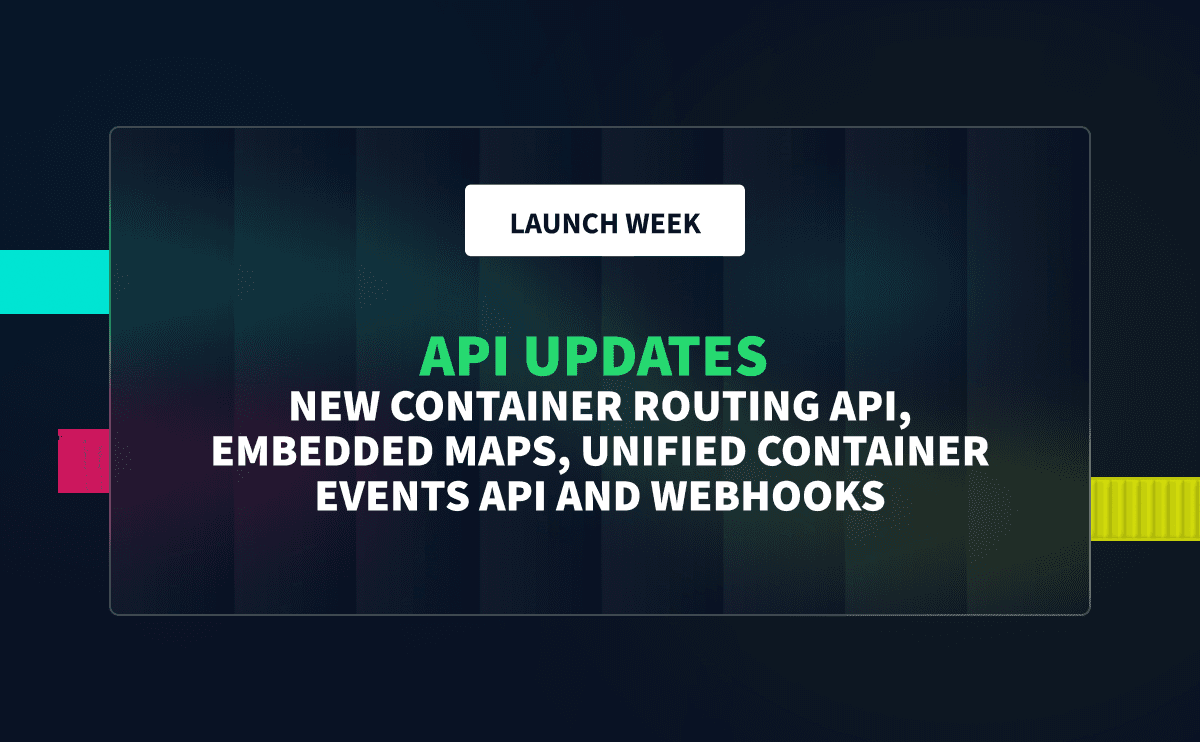In a rapidly evolving world, innovation is reshaping industries at an unprecedented pace. The logistics and supply chain sector is no exception to this digital transformation. While many associate Artificial Intelligence (AI) with chatbots and automation, it's essential to understand that AI has been a part of logistics for a long time. In this candid conversation between Louda Peña and Akshay Dodeja, the CEO of Terminal49, we delve into the profound impact of AI on the intricacies of the logistics and supply chain industry.
Click here to view the conversation.
Understanding AI's Evolution in Logistics
The broad domain of supply chain logistics incorporates various areas where technology is already integrated. AI, often associated with vague connotations, is not merely limited to chatbots. It spans a range of technologies, including machine learning.
The Machine Learning Perspective
Machine learning, a crucial subset of AI, has been around for quite some time. Take the example of image or video analysis. To teach a machine, say, to recognize cats, you provide it with images of cats. Similarly, for recognizing pianos, you give it images of pianos. Over time, the machine learns to identify these objects based on their characteristics. If you then show it a dog, it has already learned enough to know that it doesn’t quite “fit the picture” of a cat and a piano. This is now a learned behaviour.
The Power of Machine Learning
The value of machine learning lies in its capacity to analyze data, identify patterns, and make informed decisions. This concept, prevalent in image recognition, can be extended to various sectors, including logistics. The idea is that the machine "learns" from vast amounts of data and becomes adept at identifying patterns and making predictions based on that data.
A Game Changer for Logistics Education
Today, AI, in the form of tools like Chat GPT, plays a pivotal role in educating individuals new to the logistics industry. By providing a comprehensive understanding of logistics terminology and practices, these AI tools equip users with valuable insights.
AI: A Virtual Logistics Assistant and enhancing decision making
AI can serve as a virtual assistant in the logistics world. Traditionally, navigating multiple screens and complex data is a common challenge. However, AI can automate the process of information gathering and analysis, thus saving significant time. Tasks in logistics and supply chain, are often heavily repetitive, which when done manually, leads to a higher percentage of errors. Errors can be quite expensive in this industry. Allowing aspects of AI to eliminate manual repetition, frees teams up to focus on higher-priority work and enhances decision making processes
A Happy Team and Delighted Customers
The practical impact of AI is a happier team and satisfied customers. By automating repetitive and time-consuming tasks, teams can work more efficiently. Decision-makers can ensure that all stakeholders have access to the right data, providing internal visibility and customer satisfaction.

As AI tools become more sophisticated, they contribute to building an AI-enhanced logistics ecosystem. This ecosystem benefits businesses and customers alike, offering improved efficiency, accuracy, and customer service. Decision-makers and logistics professionals can look forward to a future where AI becomes an integral part of their work processes.
AI in logistics and its potential to transform the industry. AI, particularly machine learning, is not just about automation but enhancing decision-making and providing a brighter future for logistics professionals. As AI continues to evolve, it promises to make our logistics ecosystem more efficient, driving success and customer satisfaction.





